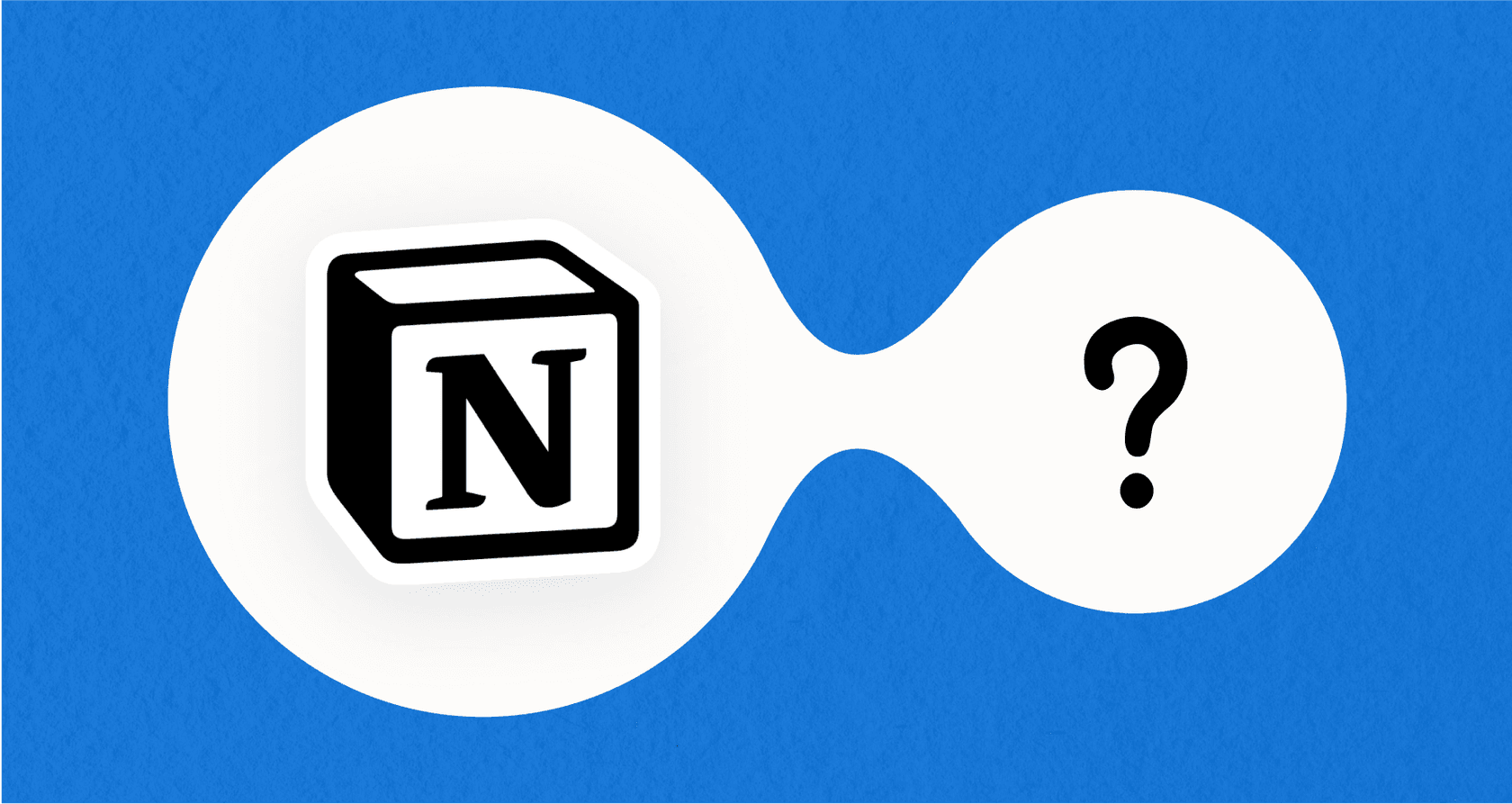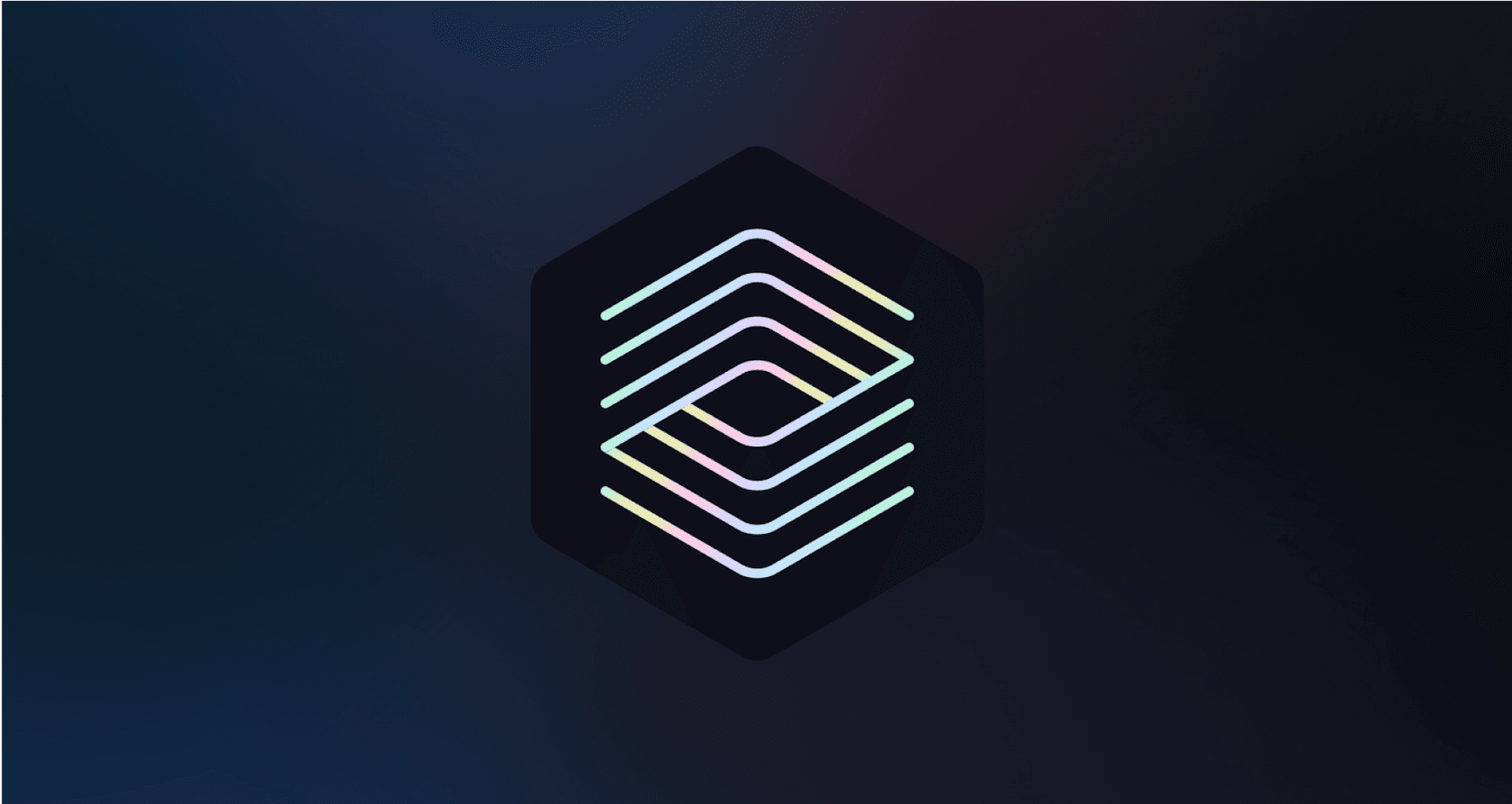
OpenAI's AgentKit has been getting a lot of attention, and it's easy to see why. It’s a toolkit that makes building your own AI agents seem more possible than ever. Naturally, one of the first ideas that pops into everyone's head is hooking these agents up to a knowledge base like Notion to automate tasks and get instant answers.
But let's pump the brakes for a second. While AgentKit is a cool piece of tech, creating solid Notion integrations with AgentKit is a serious engineering project. Think of it less like plugging in a new coffee maker and more like having to build the coffee maker from parts.
In this guide, we’ll walk through what it really takes to get this done. We'll look at the good, the bad, and a much simpler alternative for teams that want results without having to spin up a whole development project.
What are AgentKit and Notion?
First, let's make sure we're talking about the same things.
What is OpenAI's AgentKit?
AgentKit is OpenAI's box of LEGOs for developers who want to build, launch, and manage their own AI agents. It isn't a single, ready-to-use product; it’s a collection of parts that you piece together:
-
Agent Builder: This is a visual canvas where you can map out your agent's logic and workflow, kind of like a flowchart.
-
ChatKit: These are the tools you need to drop a chat window onto your website or app so people can actually talk to your agent.
-
Connector Registry: This is the system that handles how your agent hooks into different data sources and tools.
Notice the word "toolkit." AgentKit gives you the raw materials, the lumber, nails, and saw, but you’re the one who has to build the house.

The role of Notion
You probably already know Notion. It's that flexible, all-in-one workspace where teams dump everything from project plans and meeting notes to entire company wikis. For a lot of businesses, it’s the company's brain, the single source of truth for just about everything. That's exactly why it's the first place people want to point their AI agents to.
How Notion integrations with AgentKit work: A technical overview
Getting AgentKit to talk to Notion isn't as simple as flipping a switch. The connection depends on something called the Model Context Protocol (MCP), and setting it up is a job for a developer with some time on their hands.
Here’s a rundown of what that looks like, and it's not exactly a walk in the park:
-
Make a Notion integration: First, a developer has to dig into Notion's settings to create a new "internal integration." This basically tells Notion to expect a visitor.
-
Get a secret token: Notion then hands over a secret token, which is like a long, complicated password. The agent will use this to prove it’s allowed in.
-
Share pages one by one: You don't get a master key to your whole workspace. You have to manually go through and share every single Notion page or database you want the agent to see. If you create a new page tomorrow, you have to remember to share it, too.
-
Run a dedicated server: This is the really heavy lift. A developer has to set up and run a separate web server (like the official "notion-mcp-server") that just sits there acting as a translator between your AgentKit agent and Notion's API. This server needs to be hosted, monitored, and kept alive.
-
Connect it all in Agent Builder: Finally, the web address of that server gets plugged into the Agent Builder, which connects your agent to your server, which is connected to Notion.
Yeah, it's a lot. This isn't just a setup task; it's an ongoing commitment that requires a developer's time for maintenance and permissions management.
This whole process is what a tool like eesel AI is designed to skip. Instead of that five-step headache, you get a single click. Our secure Notion integration connects your workspace and has an AI agent ready to go in minutes, saving you weeks of development work.
Use cases and limitations
To be fair, if you have the engineering muscle, you can build some genuinely impressive things with a custom AgentKit setup.
What you could build
-
Internal Q&A: An employee could ask, "What's our policy on parental leave?" in a chat window, and the agent would search the company's HR wiki in Notion to provide a direct answer with a source link.
-
Automated content drafting: You could task a research agent to "summarize the latest market trends for Q4" and have it automatically create a new draft page in your marketing team's Notion database.
-
Dynamic project updates: An agent could be configured to watch a GitHub repository for new commits and automatically update the status of corresponding tasks on a project board in Notion.
The real-world headaches
Okay, time for a reality check. Going the custom-build route sounds great in theory, but it comes with some serious day-to-day problems.
-
No easy-to-use controls: Everything is configured in the developer-focused Agent Builder. There's no simple dashboard where a support manager can go in and adjust the AI's tone or tell it to stop mentioning a retired product. If the agent starts saying weird things, your only option is to file a ticket with the engineering team and wait.
-
The knowledge gets stale, fast: Your agent only knows what you've manually shared with it. Trying to keep permissions updated across hundreds or thousands of Notion pages is a recipe for disaster. Someone will inevitably forget to share a critical new policy doc, and the agent will be left in the dark.
-
Testing is a guessing game: While OpenAI offers evaluation tools for developers, there’s no simple "practice mode." You can't easily check how your agent would have answered last week's 1,000 internal support questions before you let it loose on your team. You basically have to cross your fingers and deploy.
These are exactly the kinds of problems a ready-made platform is built to avoid. With eesel AI, you get an intuitive dashboard that gives anyone on your team control over the AI's personality, prompts, and what it can do, no code needed. We instantly unify knowledge not just from Notion, but also from other places you keep information, like Confluence and Google Docs. Plus, our simulation mode lets you test the agent on your actual historical data, so you know exactly how it will behave before you go live. No guesswork required.
This video provides a full walkthrough of OpenAI's Agent Builder and AgentKit, showcasing how to build agents and manage guardrails.
The hidden costs
The costs of a DIY AgentKit solution aren't just about API fees. The real expenses are often hidden.
The ongoing engineering bill
AgentKit is a classic "build" tool, not a "buy" service. That means you need developers not just for the initial setup, but for every bug fix, every API change from Notion or OpenAI, and all the general upkeep. It’s not a project you finish; it's a new piece of software your team is now responsible for supporting, forever.
The unpredictable OpenAI pricing
The other big question mark is the pricing. AgentKit itself doesn't have a fee, but you pay for every single API call to the OpenAI models that power it. Every question asked, every thought process the agent goes through, and every document it looks up in Notion adds to your bill.
This means your monthly costs can swing dramatically. If your team loves the agent and starts using it heavily, your bill could easily double or triple without warning. It's tough to budget for and almost punishes you for getting people to adopt the tool. You can check the latest numbers on OpenAI's API pricing page, but good luck turning that into a stable monthly forecast.

It’s why so many companies choose a platform with straightforward pricing. At eesel AI, our plans are transparent and based on a set number of AI interactions per month. We have no per-resolution fees, so a busy month won't lead to a surprise on your bill. Our pricing model lets you scale without the anxiety of a runaway budget.
Build vs. buy for your Notion AI integration
So, should you build or buy your Notion AI integration?
Building Notion integrations with AgentKit makes sense for a very specific type of company: one with a team of developers ready to take on a complex, long-term project to create highly customized agent workflows.
But for most businesses? The ones that just want to use the knowledge in their Notion workspace to power a smart AI for support, IT, or internal questions? The "build" path is a long, expensive detour. It's full of technical hurdles, surprise costs, and a maintenance burden you might not be looking for.
Choosing a ready-made platform is simply the faster, saner path. You get all the benefits of a custom AI agent without any of the development drama.
Instead of spending the next few months building (and then forever maintaining) a custom integration, you could get better results in the time it takes to drink a coffee. eesel AI pulls together all your knowledge from Notion and your other tools, giving you a smart, easy-to-control AI agent right out of the box. You can be up and running in minutes, not months.
Try eesel AI for free and see for yourself.
Frequently asked questions
Setting up Notion integrations with AgentKit is a significant engineering project. It involves creating internal Notion integrations, managing access tokens, manually sharing pages, and running a dedicated server to act as a translator.
Ongoing challenges include keeping Notion page permissions updated, which can quickly lead to stale knowledge, and the lack of simple non-developer controls for managing the AI's behavior. Testing agent responses before deployment is also difficult.
Practical use cases include internal Q&A systems where an agent answers questions based on Notion content, automated content drafting in Notion databases, and dynamic project updates syncing information between tools and Notion.
Beyond API fees, the main hidden costs are the ongoing engineering bill for maintenance, bug fixes, and adapting to API changes. OpenAI's per-call pricing can also lead to unpredictable monthly expenses.
Yes, platforms like eesel AI offer a simpler, code-free alternative. They provide instant Notion integration, intuitive dashboards for AI control, and unify knowledge from various sources without the need for custom development.
Manually sharing pages is a hurdle because it's a constant, error-prone task. If a new critical document isn't shared, the agent won't be able to access that information, making the knowledge base incomplete and potentially leading to incorrect answers.
Ensuring expected behavior with custom AgentKit setups is challenging due to the lack of a simple "practice mode." Platforms like eesel AI offer simulation modes that allow you to test agent responses on historical data before going live.
Share this post

Article by
Kenneth Pangan
Writer and marketer for over ten years, Kenneth Pangan splits his time between history, politics, and art with plenty of interruptions from his dogs demanding attention.






